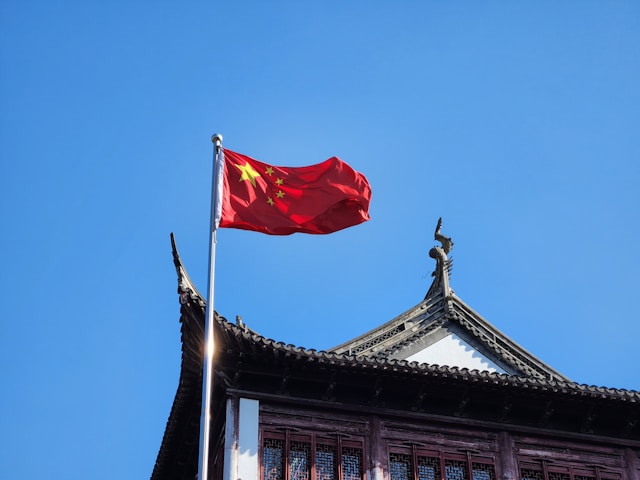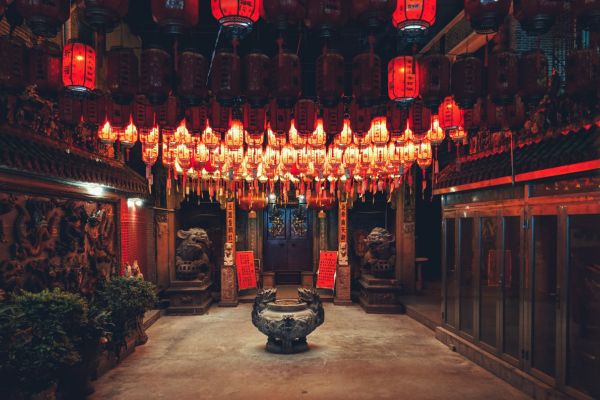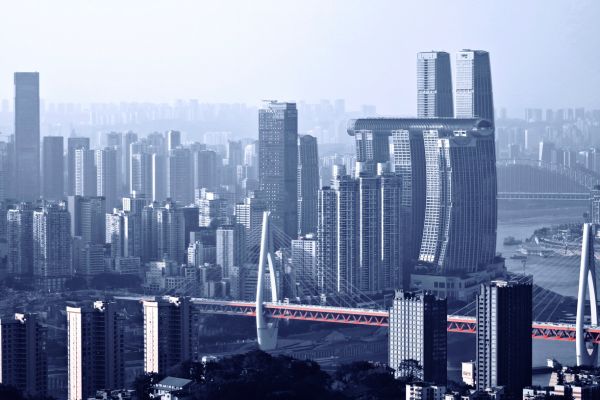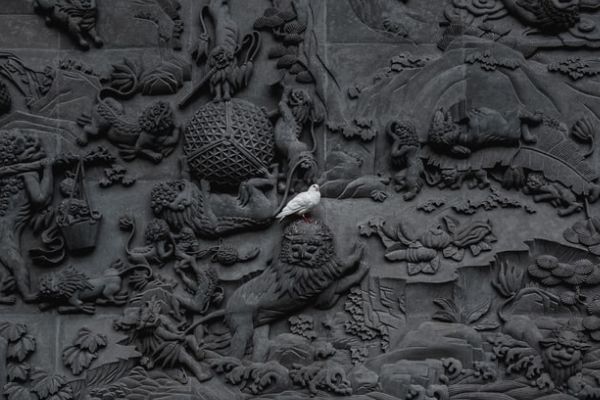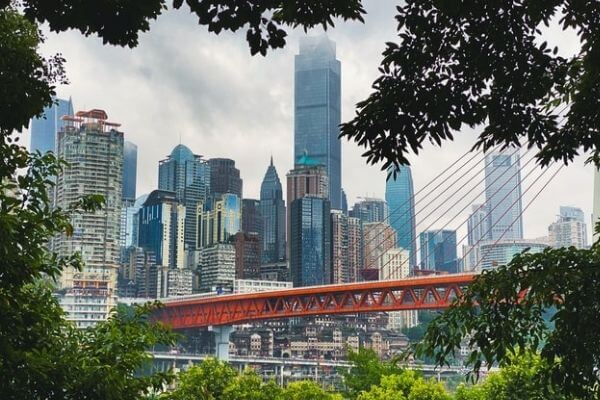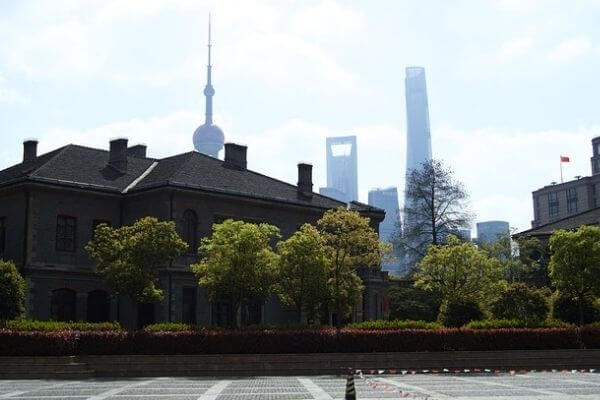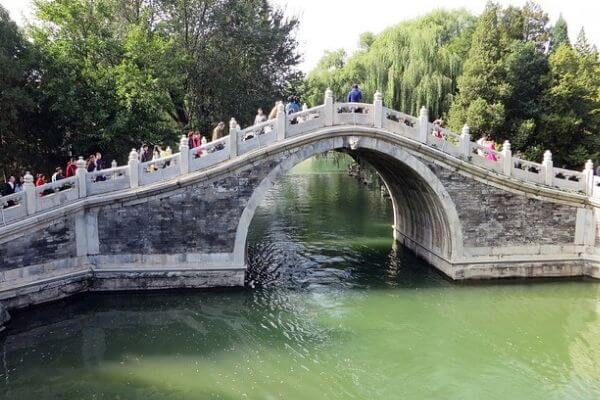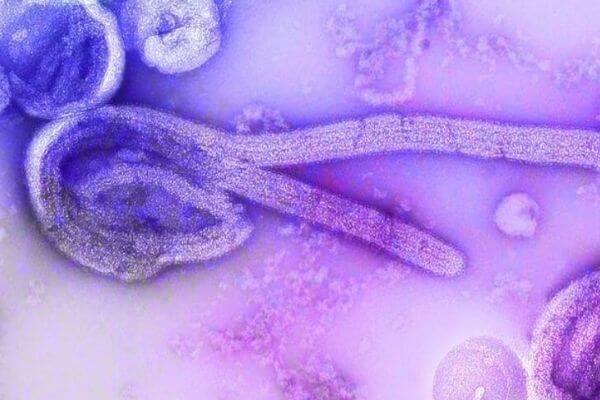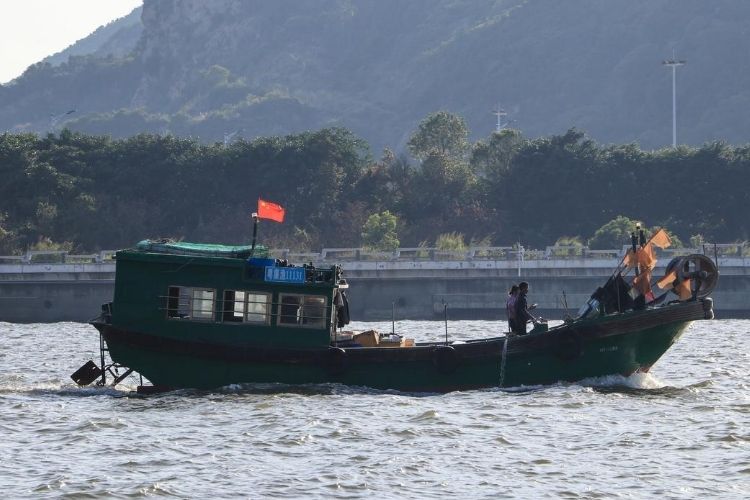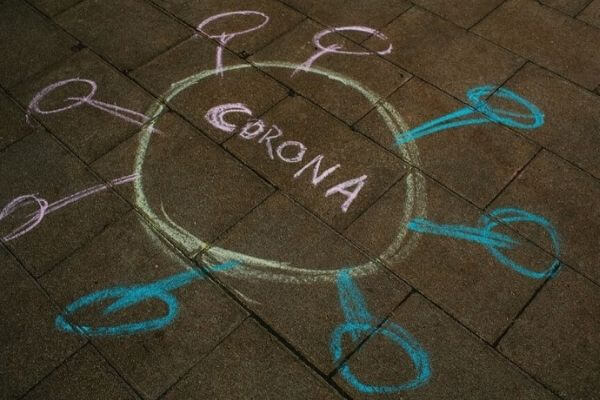
China adheres to the doctrine of absolute immunity.
On 21st Mar. 2020, a complaint sprawled across China’s social media, showing that a Wuhan lawyer named Liang Xuguang (梁旭光) filed a lawsuit with Wuhan Intermediate People’s Court against the U.S. Government, the Centers for Disease Control and Prevention (CDC), the U.S. Department of Defense (DoD) and the U.S. Armed Forces Sports Council (AFSC), claiming damages of CNY 200,000 (including lost wages and compensation for emotional harm) arising out of the coronavirus (COVID-19) caused by the defendants, and a formal apology.
I. The complaint of the Wuhan lawyer
According to the complaint:
i. From Sept. 2019 to Mar. 2020, the U.S. Government and the CDC knowingly disclosed the wrong public health information in the name of “influenza” when some of the influenza patients were actually infected with some undetermined type of virus (which was later proved to be COVID-19), resulting in its spread around the globe, and Wuhan has, therefore, become one of the most severely harmed regions.
ii. For the above reason, in Oct. 2019, during the Military World Games in Wuhan, the local government was unable to carry out any special physical examination on the U.S. sports delegation (including officials, technical officials, athletes) from the U.S. epidemic area. The DoD and the AFSC shall, therefore, be liable for the act of the said delegation.
iii. On 19 Mar. 2020 EST, President Donald Trump publicly called COVID-19 “the Chinese virus” when attending the White House epidemic news conference in Washington, D.C., regardless of the official naming decision announced by the World Health Organization (WHO). Such an act has infringed upon the plaintiff’s right to reputation as a Chinese citizen.
According to the article on social media, the plaintiff has submitted the complaint to the U.S. Consulate General in Wuhan. However, we have not been able to verify whether the complaint has been submitted to the court or sent to the U.S. consulate.
II. How will the Chinese court react to the lawsuit
Assuming that the complaint has been submitted to the Chinese court, we believe that it may encounter two problems:
i. Given China’s adherence to absolute immunity, sovereign states are immune from suits.
China has always insisted on the doctrine of absolute immunity, namely, proceedings against foreign states were inadmissible without their consent. According to this position, the U.S., like any other nation-states, enjoys sovereign immunity in China. This means that in this case, the U.S. and its property shall, in Chinese courts, enjoy absolute immunity, including absolute immunity from jurisdiction.
As Prof. Zheng Sophia Tang (汤铮) and Prof. Zhengxin Huo(霍政欣) point out in the article “State immunity in global COVID-19 pandemic: Alters, et. al. v. People’s Republic of China, et. al.”[1], “this has been clearly affirmed by the continuous assertion of absolute immunity by its central government in various occasions. (Russell Jackson et al. v People’s Republic of China, 794 F.2d 1490, 1494 (11th Cir. 1986); Memorandum sent by the Chinese Embassy in Washington, DC, in Morris v. People’s Republic of China, 478 F. Supp. 2d 561 (S.D.N.Y. 2007)”.
ii. The said Wuhan court cannot accept the case on its discretion, but should ask for instructions from the Supreme People’s Court (SPC).
According to a judicial interpretation issued by the SPC in 2007, namely, “the Notice on Relevant Issues Regarding the People’s Courts’ Acceptance of the Civil Cases Involving Privilege and Immunity” (最高人民法院关于人民法院受理涉及特权与豁免的民事案件有关问题的通知), civil cases filed with local courts in which the defendant and/or the third party involved enjoy privileges and immunity, e.g. a sovereign state, shall be reviewed by the competent higher people’s court before acceptance; if the higher people’s court agrees with the acceptance, it shall report its review opinions to the SPC. Such cases shall not be accepted until the SPC gives a reply. [2]
Therefore, the acceptance of the said case by the local court depends on the SPC’s attitude(or the attitude of China’s central authority).
III. Our comments
In fact, there are two COVID-19-related lawsuits against the Chinese government in the U.S., one of which is filed by U.S. local lawyers. As Prof. Zheng Sophia Tang and Prof. Zhengxin Huo said in their aforementioned article, [3]China, as a sovereign state, will argue that it enjoys immunity from jurisdiction of domestic American courts, and therefore may not be very likely to enter into appearance before the American courts.
We believe that such lawsuits initiated or promoted by the U.S. and Chinese lawyers will do no good to fight COVID-19.
Being of very little actual legal effect, these lawsuits are more like a farce made by lawyers from both countries.
The rapid spread of the coronavirus worldwide has proved its indiscrimination among countries, races, and ideologies. This also means the fight against COVID-19 requires the elimination of differences and cooperation among various countries, races, and ideologies.
However, these lawsuits will only intensify hostility and distrust between the two countries, and will weaken the basis for cooperation.
As mentioned before, one of our contributors (Guodong DU) is a Hubei native, who went to college in Wuhan and has most of his family members and friends in Hubei Province. Just like many other Chinese people, we have been shocked and saddened by the tragedies of numerous families that COVID-19 brought in the past 2 months, and therefore have empathy with those now trapped in the epidemic areas around the world.
Let’s stick together and focus on fighting against the coronavirus, for a better tomorrow, for ourselves and our families.
[1] Zheng Sophia Tang & Zhengxin Huo, “State immunity in global COVID-19 pandemic: Alters, et. al. v. People’s Republic of China, et. al.”, March 21, 2020, available at http://conflictoflaws.net/2020/state-immunity-in-global-covid-19-pandemic/.
[2] 最高人民法院关于人民法院受理涉及特权与豁免的民事案件有关问题的通知(法〔2007〕69号)
[3] Tang & Huo, supra.
Photo by Markus Spiske(https://unsplash.com/@markusspiske) on Unsplash
Contributors: Guodong Du 杜国栋 , Meng Yu 余萌
